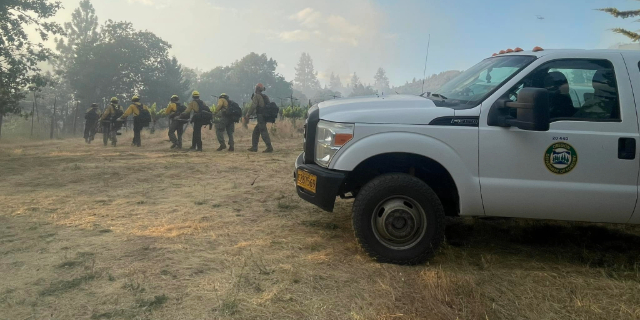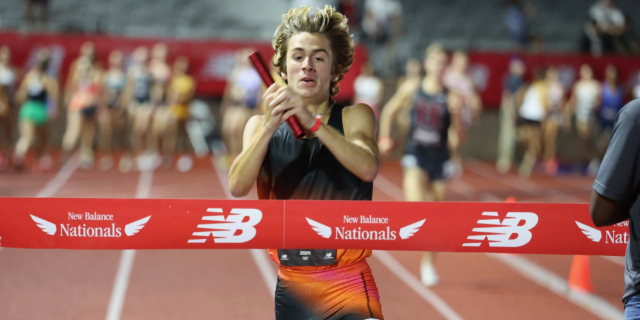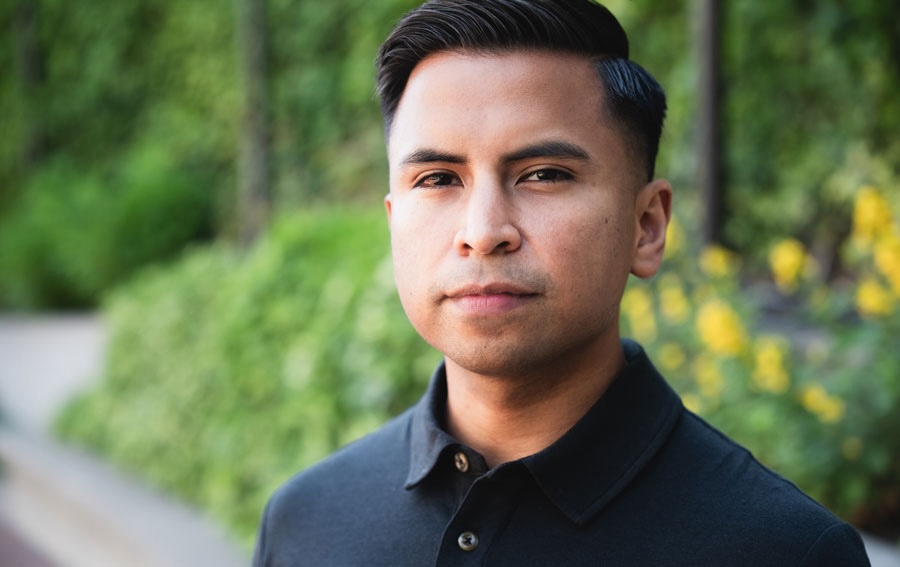Medford casino idea resurfaces
Published 10:00 am Monday, February 6, 2023

- Medford City Council voted Thursday to take a neutral stance on a proposed tribal casino on Highway 99 in Medford.
Plans for a casino in Medford that was thought to have been killed three years ago are back on the table.
A proposal for a casino called Cedars at Bear Creek originated in 2012 when the Coquille Tribe proposed redevelopment of 2.42 acres along South Pacific Highway in south Medford.
The proposal, opposed by former Gov. Kate Brown, the Cow Creek Tribe in Douglas County and others, was rejected by the Bureau of Indian Affairs in 2020 after an eight-year effort by the Coquille Tribe, which operates a casino in North Bend.
But the casino proposal is back, and two public hearings have been held so far, including one in December and one last week. The most recent meeting, as part of the federal process, was designed to gather comments on a Draft Environmental Impact Statement, which touches on issues such as geology and soils, water resources, air quality and transportation.
Supporters of the project point to job creation and economic benefits, while detractors say a tribe without local ties will have detrimental impacts on surrounding businesses and the state’s closest casino, Seven Feathers, operated 70 miles from Medford by the Cow Creek Tribe. A tribal casino also operates 50 miles south in Yreka, California.
A handful of options outlined in a 268-page federal document include plans for expanding the tribe’s Mill Casino in North Bend, as well as the Medford site and another alternative for a casino on former cattle grazing land closer to Phoenix between exits 24 and 27. The tribe is seeking to remodel its Roxy Ann Lanes bowling alley into a gaming facility that would include a 16,000-square-foot gaming floor with 650 Class II gaming machines, a bar and other services. Class II gaming machines are video gaming devices such as slot machines and video poker. The plan does not include table games such as blackjack, poker or dice.
Judy Farm, CEO for Tribal One, the economic development corporation for the Coquille Indian Tribe, said tribal officials are looking forward to the project moving along.
“We are excited about getting through the last public hearing and now moving into the homestretch of the permitting process,” Farm said.
“It was a very important step for us in order to quantify all of the potential impacts of the project and to make sure those are remediated, mediated and addressed. We are glad to get past this milestone.”
Farm said local bowlers were excited to learn that the Roxy Ann bowling alley could remain and be improved. The target site along South Pacific Highway is surrounded by several parcels that the tribe hopes to develop for other commercial uses adjacent Bear Creek Golf Course and the 111-room Compass by Margaritaville Hotel, also operated by the Coquille Tribe.
The former Roller Odyssey skate rink would be redeveloped, said Tribal One communications director Ray Doering, into “a venue that will complement the hotel and our new-look golf center.” If built as planned, Farm said, overall economic impact of the casino project is expected to exceed $35 million.
Michael Rondeau, Cow Creek Band of Umpqua Tribe of Indians Government CEO, voiced concerns about the project. The Coquille Tribe’s reservation on the Oregon Coast is 160 miles away from Medford, said Rondeau, adding that the project would set a precedent allowing tribes to operate multiple casinos.
“They have no ancestral ties to the land they purchased and are trying to bypass the proper legal process to build an off-reservation casino,” Rondeau said in an email to the Rogue Valley Tribune.
“If approved, this would be the first off-reservation casino in Oregon, with 650 slot machines, and mark the beginning of the mass proliferation of casinos across Oregon, big and small.”
Rondeau said a delicate balance of government-sponsored gaming — between the Oregon State Lottery and tribal casinos on reservation land — had been maintained, with state government upholding the practice of “one casino per tribe on reservation land.”
“The public overwhelmingly supports this practice and policy — and there is no reason to change it so that one tribe can benefit at the expense of all others,” Rondeau said.
“Just as the lottery supports state public services, our casino revenue supports our tribal government services. It allows us to reduce our dependence on state and local services, restore a path to self-sufficiency as a sovereign nation, and contribute to the good for the entire community, as we have been doing throughout the Rogue Valley for decades.”
Farm said the tribe has members who live in the Rogue Valley and that the proposed casino would not have a negative impact on Seven Feathers.
Farm said Coquille Tribe members had worked to debunk the “one casino myth,” noting that the Coos Tribe in Coos Bay operates more than one casino.
The Coos Tribe operates Three Rivers Casino Resort with locations in Coos Bay and Florence.
“The evidence of two tribes in Oregon having two sites should be enough to dispel this myth,” Farm said.
“Further, the Coquille Tribal compact with the state of Oregon clearly articulates that the state acknowledges that the tribe may have another casino and that the state has no oversight of class II gaming.”
While city and county officials are part of the process to discuss details and potential community impacts of the proposal, development of the casino would hinge on the federal process and the land being placed in a federal trust, falling outside city or county jurisdiction. If built, tribe officials say they would discuss law enforcement protection with nearby city of Phoenix officials.
Medford City Attorney Eric Mitton said community members had sent feedback on the casino project to city officials. Mitton emphasized that the city was weighing in merely as an affected party. If built, the project would obviously impact infrastructure such as transportation, storm water and other public services, Mitton said.
Mitton said Mayor Randy Sparacino had expressed interest in the city remaining neutral on the outcome of the project and focusing on “continuing to look out for the city interest in terms of environmental mitigation.”
“We have a lot of community members who are asking us, ‘Do you want the casino here or not?’” Mitton said. “We are only a commenting agency on this process. We’ve been trying to emphasize that.”
After the public comment period ends Feb. 23, the Bureau of Indian Affairs will prepare its response to public comments and seek any additional or revised information.
Feedback can be submitted by email through Feb. 23 to coquillecasinoeis@bia.gov. Submitters should include Coquille Tribe Medford Gaming Facility Project in the subject line.
Project info, coquille-eis.comMitton said






